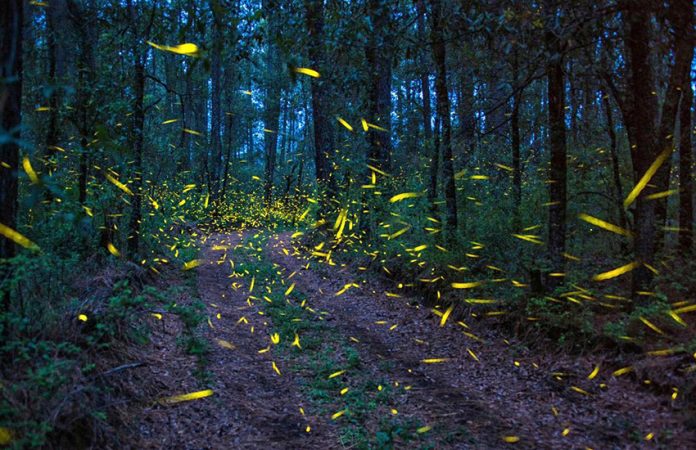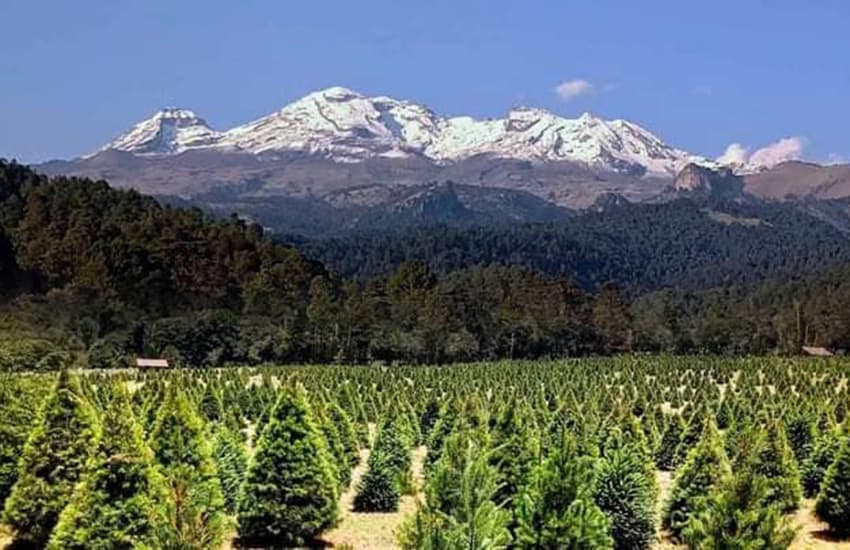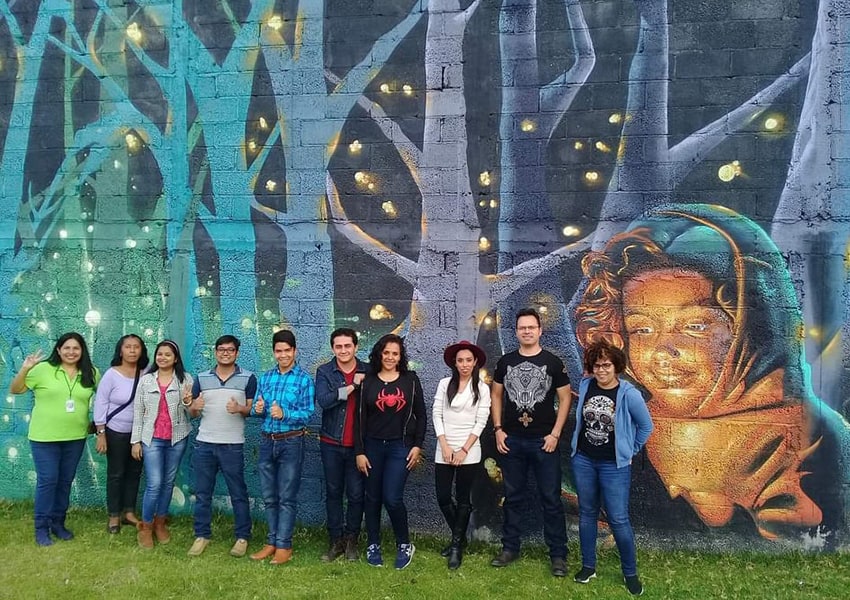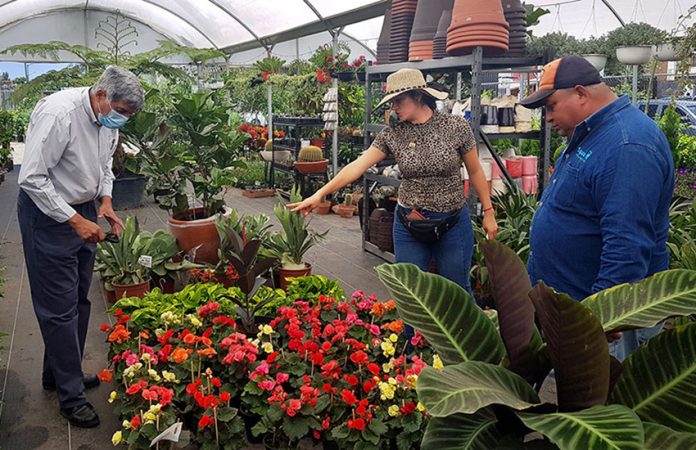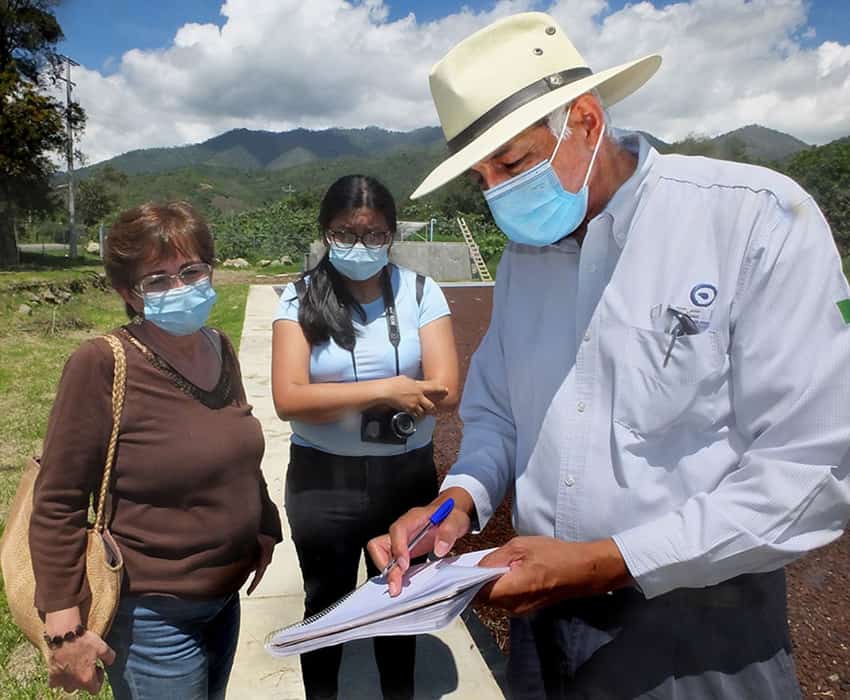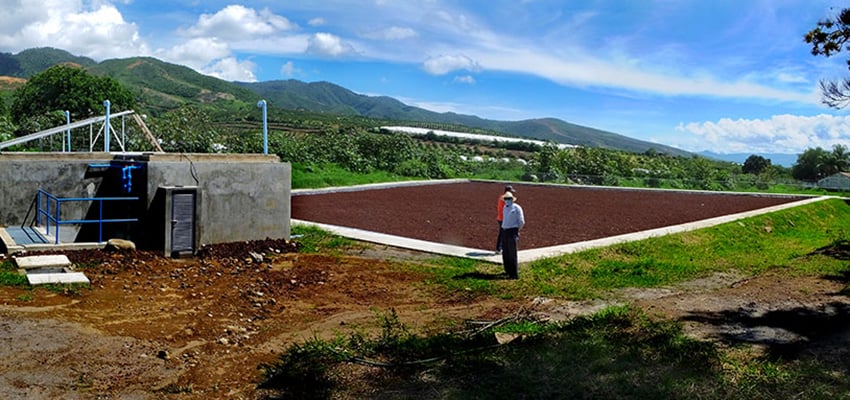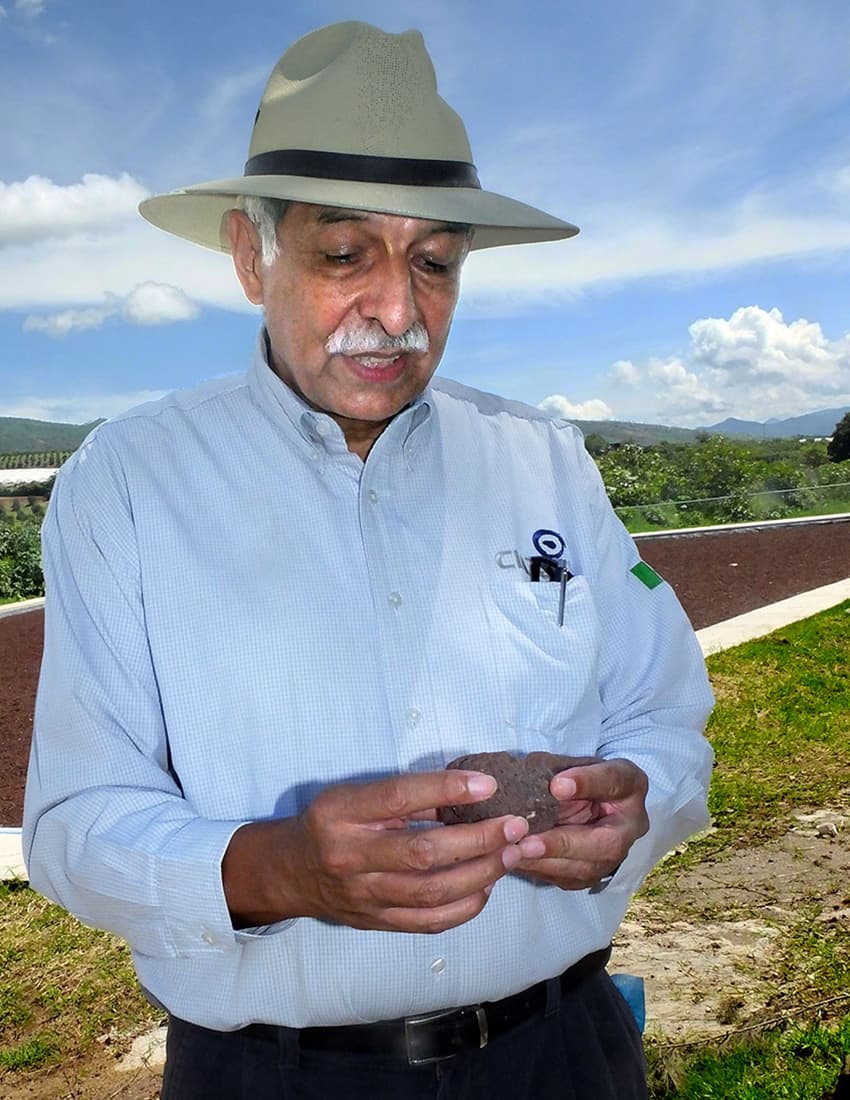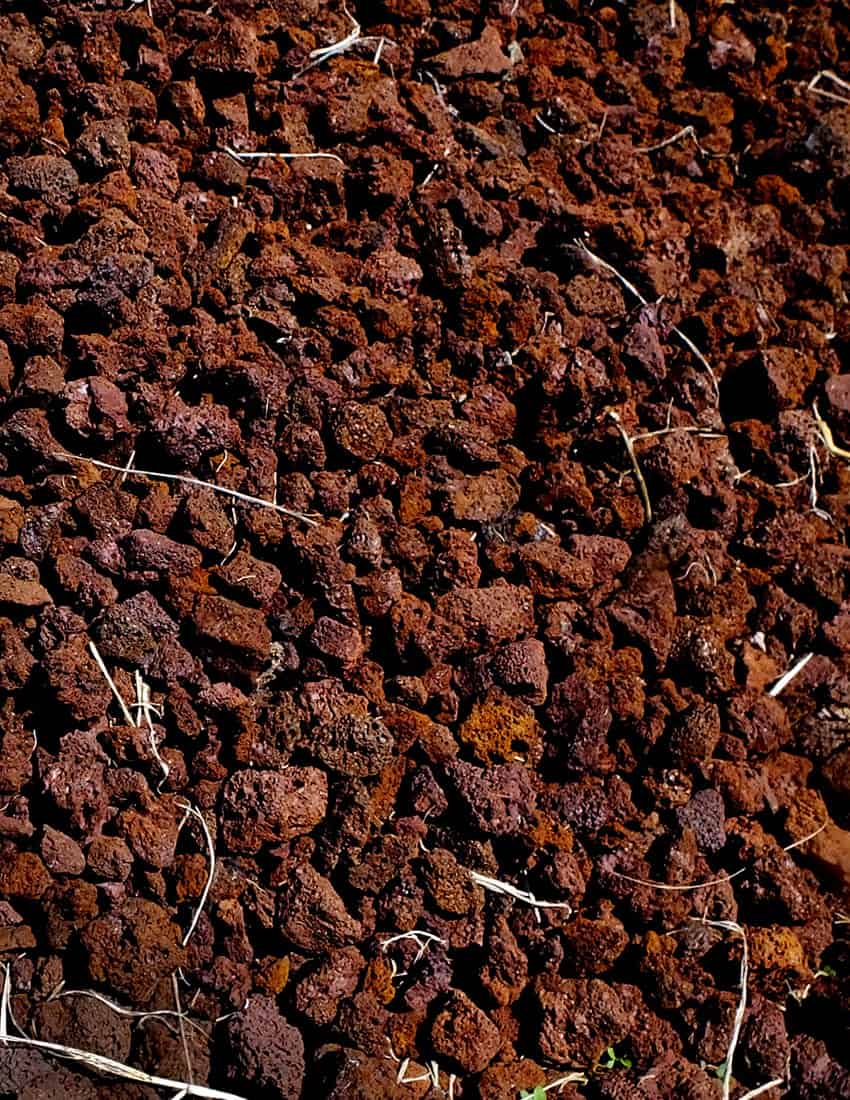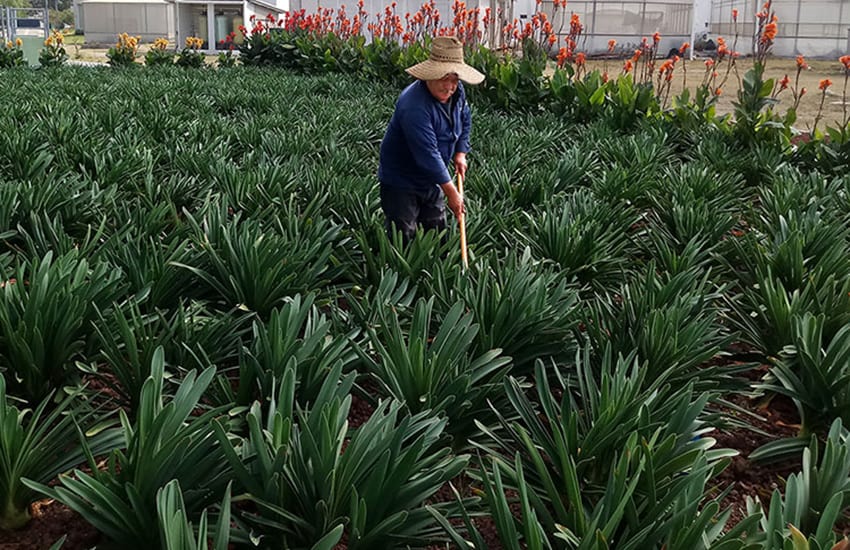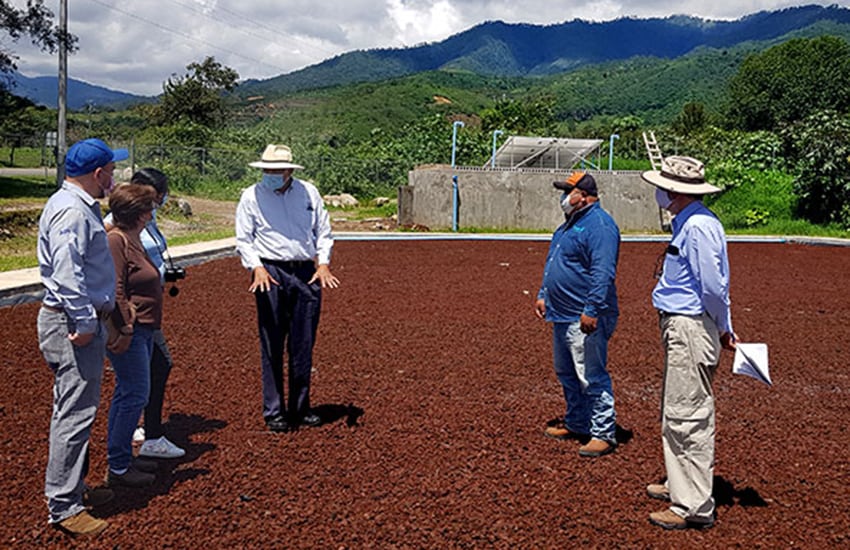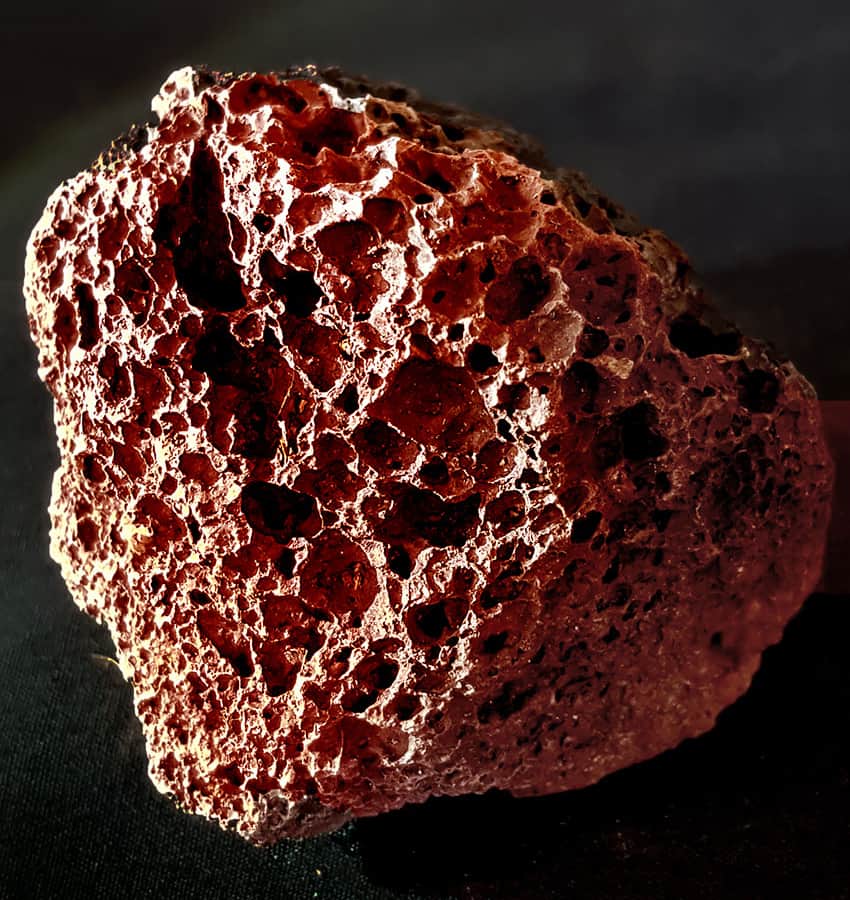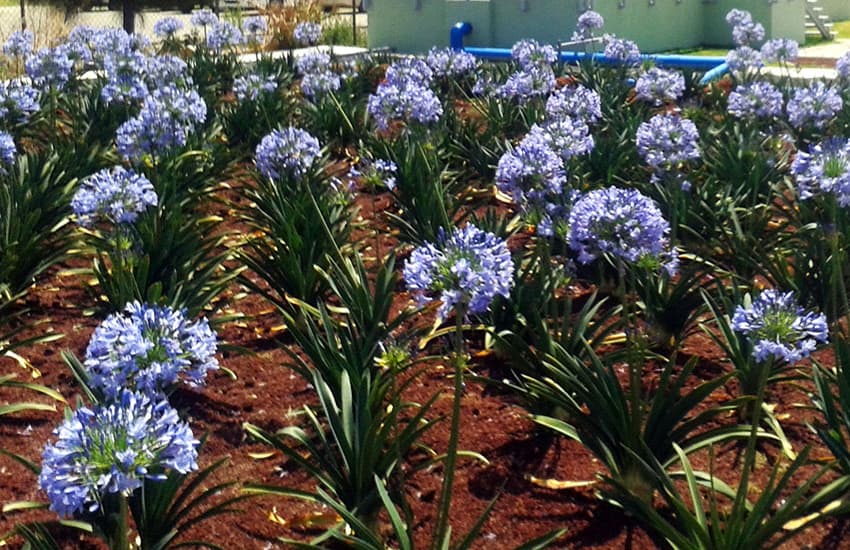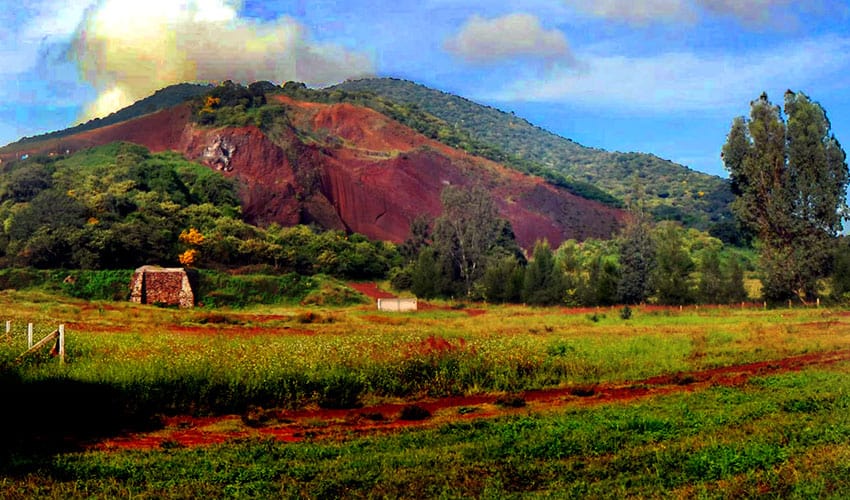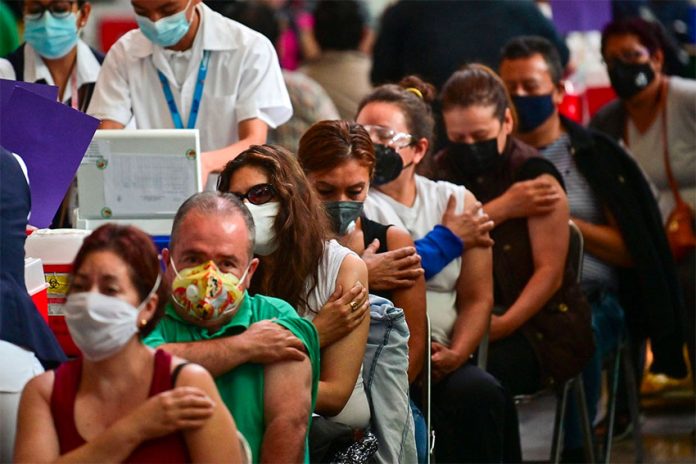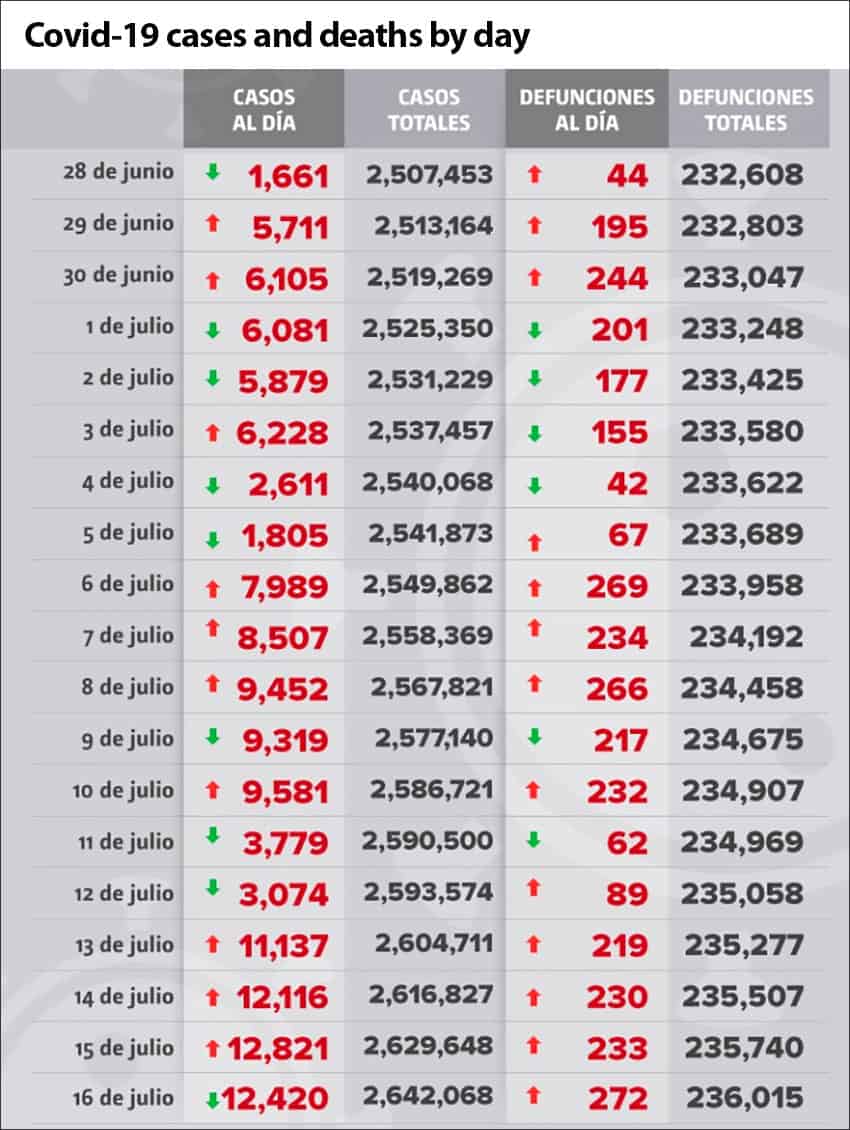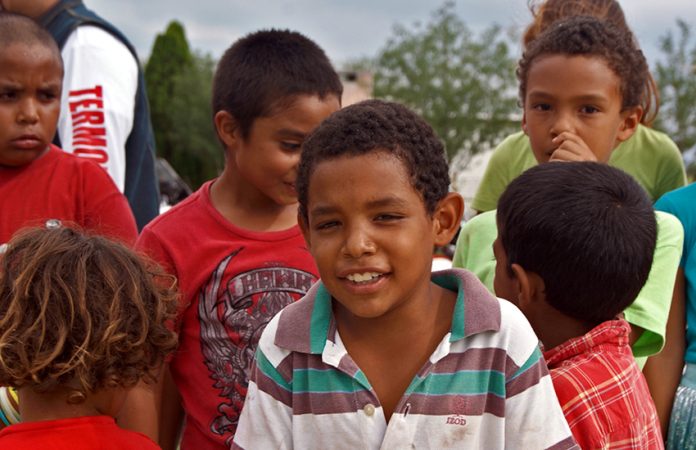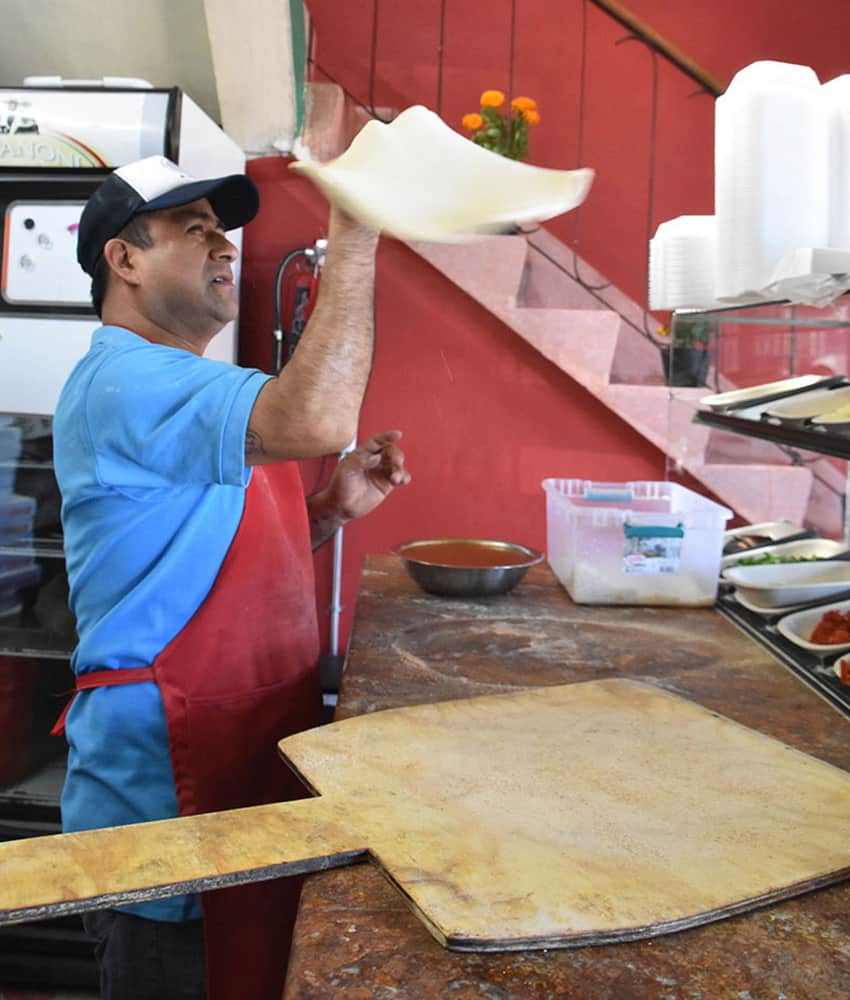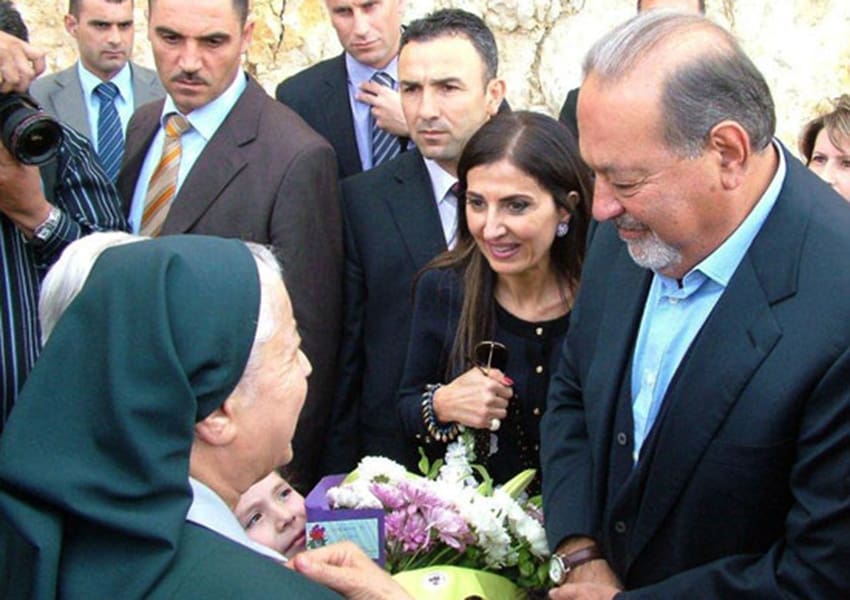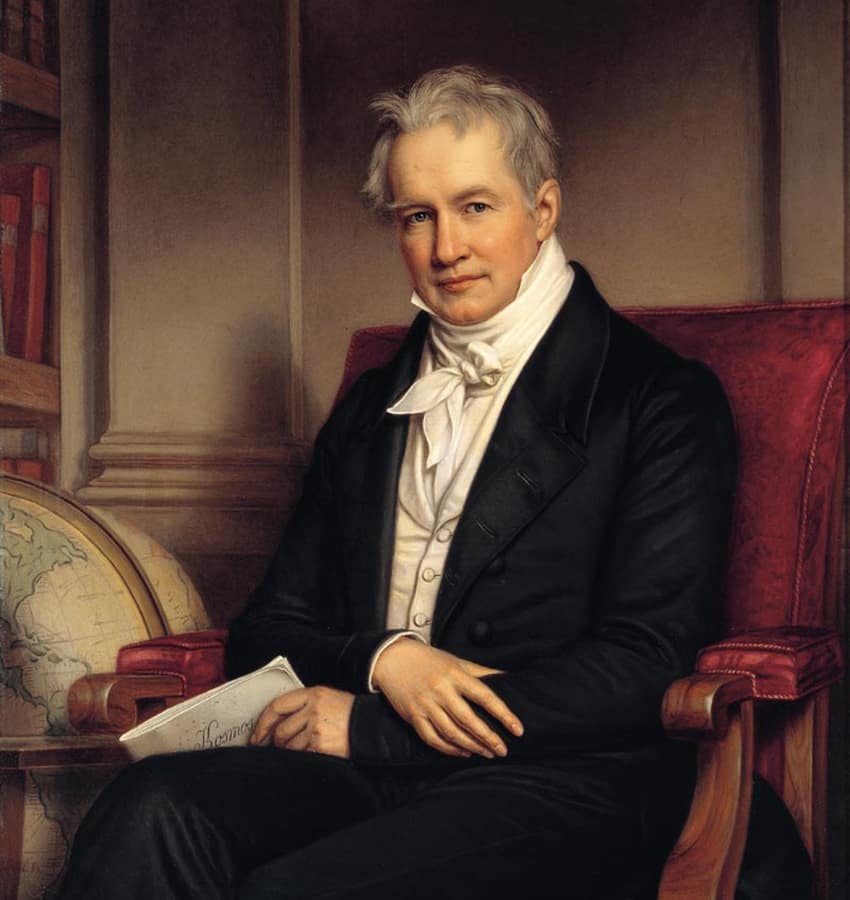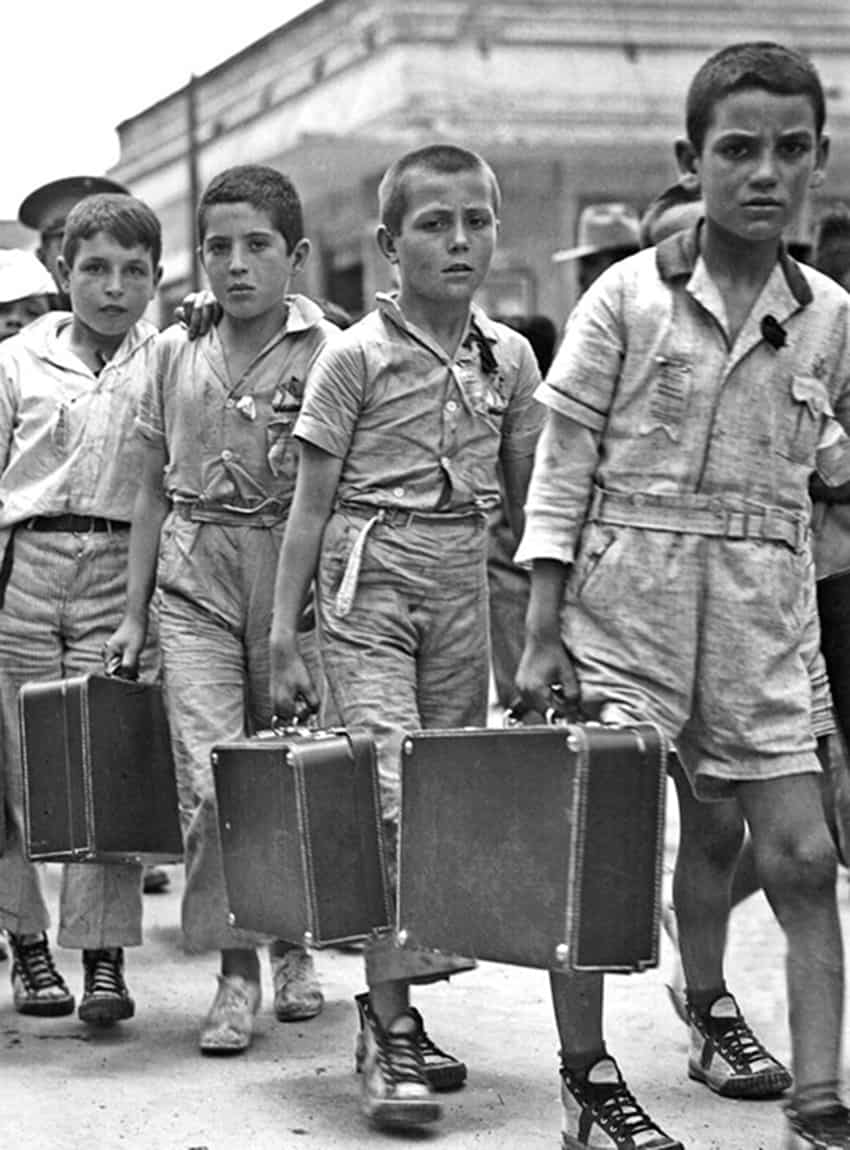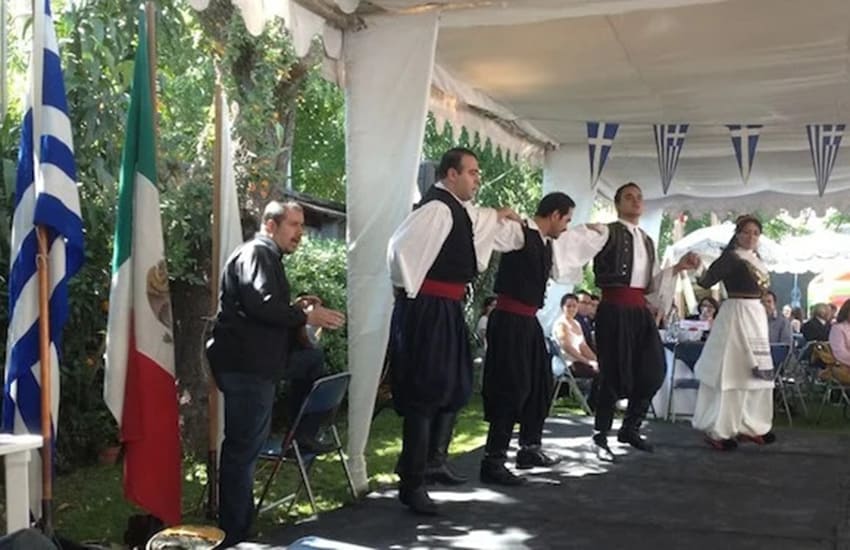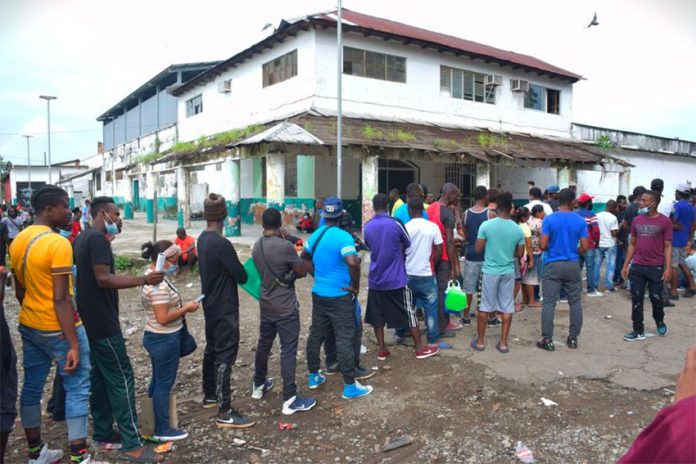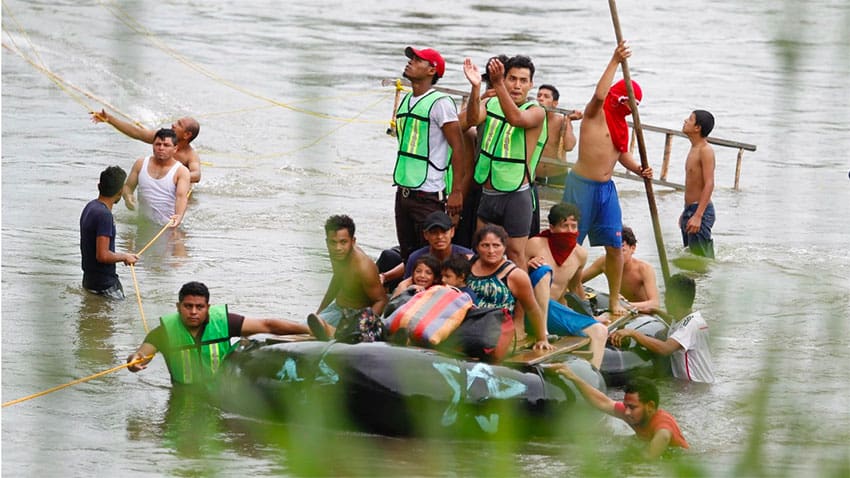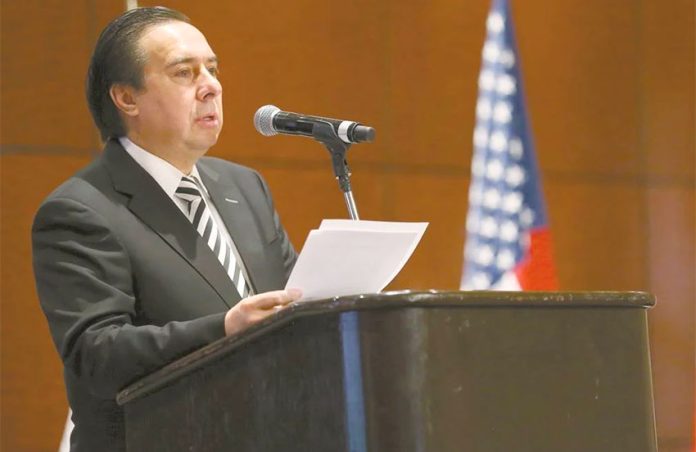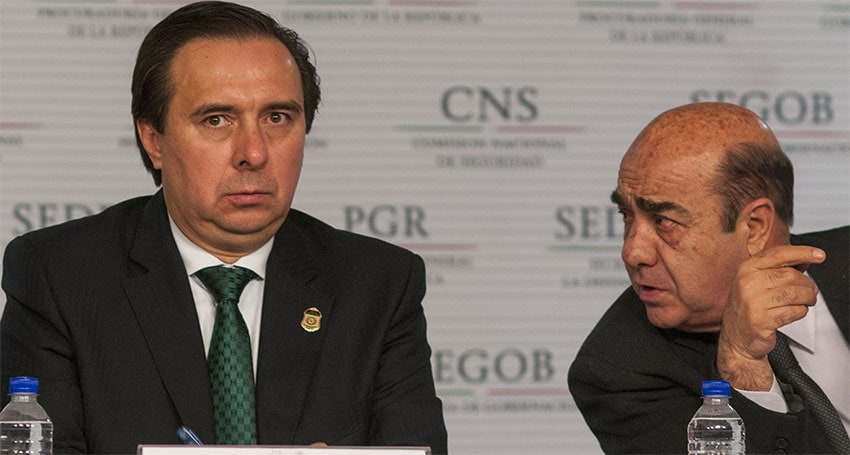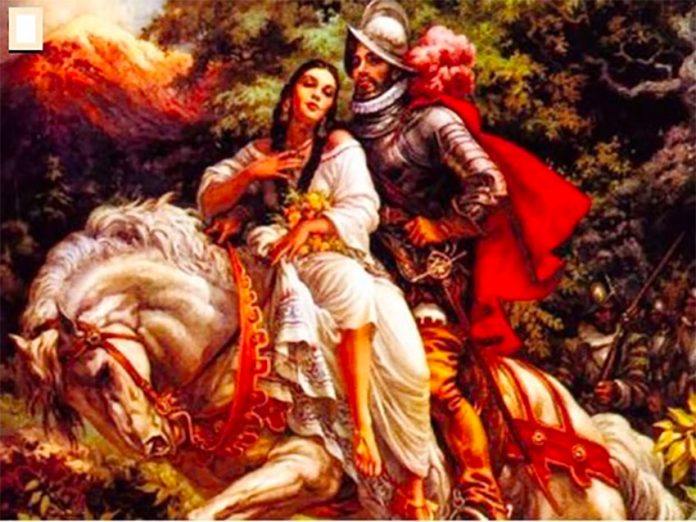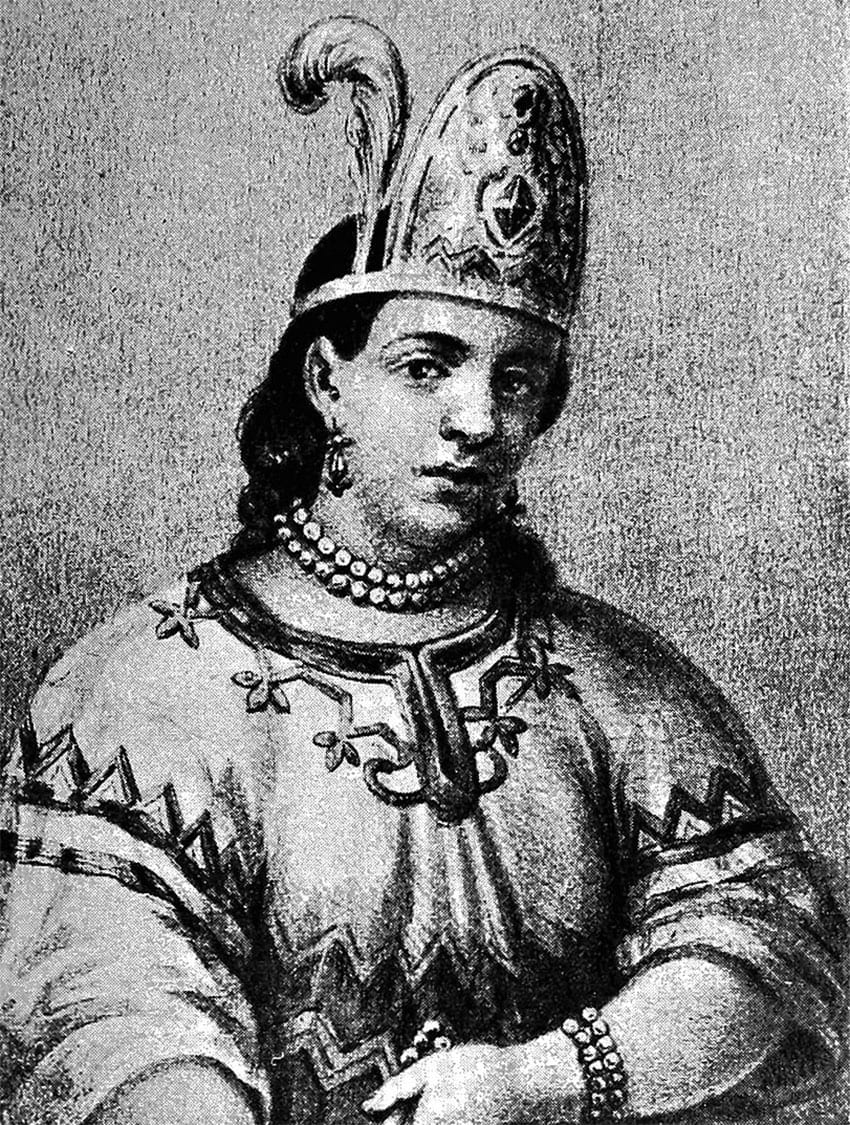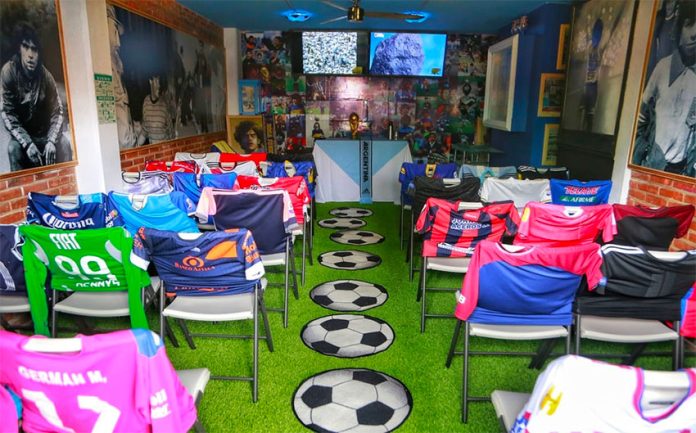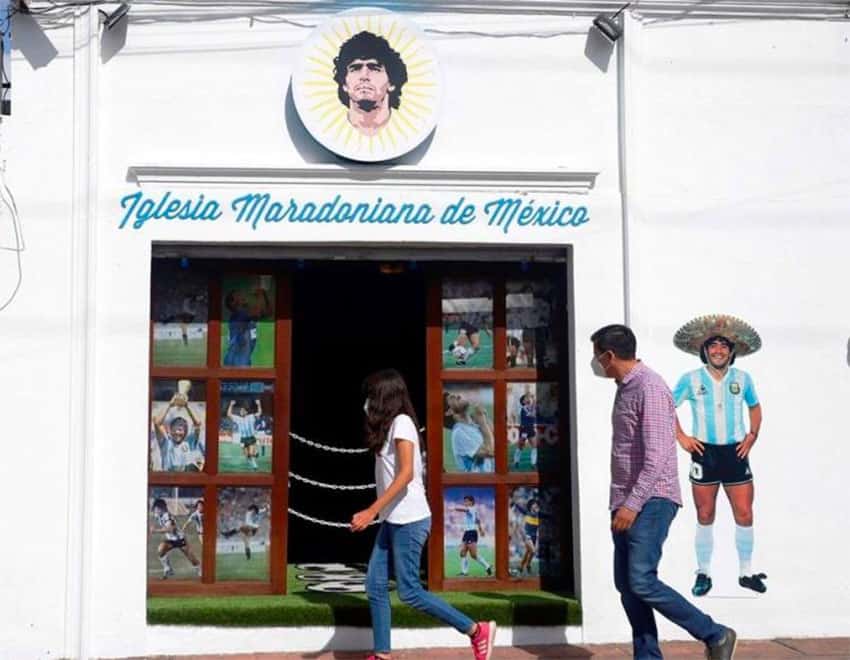It’s been over a year since my daughter has set foot on a school campus.
For this entire school year, she has been learning at home through Google Meet with her teachers and six other classmates. From 9 a.m. to 12 p.m. (with one break) Monday through Friday, she’s been sitting in front of an iPad, trying to follow along and do the work through which her teachers guide her and the other students.
There have been plenty of mornings that she hasn’t wanted to participate. She frequently stares blankly at the screen while the teacher tries to get her to answer a question (to be fair, she sometimes stares blankly at me).
When the teacher asks for them, she doesn’t always find the papers that the school has sent and that we’ve printed out. Her report cards have said things like “clearly smart but has trouble focusing.”
My first-grader is over online learning.
She’s one of the lucky ones. As a private school student at a school that has not had to close in the wake of the pandemic, we parents have had the privilege of being in constant communication with school personnel about our children’s education and expectations.
Under the circumstances, the education my daughter has received this year has been excellent. Her teachers are well-trained, prepared and attentive. Each class is planned out perfectly and made as dynamic and interesting as it possibly can be. They let us know ahead of time if they need special supplies during their classes.
But this is not normal and, at least so far, there’s no end in sight.
As well as things were going in the spring, I was feeling confident that students (OK, fine — at least my student) would finally return to school in the fall. But how?
Even if the entire country were at low-risk “green,” we have some unprecedented logistical problems to face: many of the country’s private schools have closed because they were unable to collect enough tuition to stay open during the past year and a half. Public schools were already overcrowded to begin with.
Both have been vandalized and have had needed supplies stolen as they sat empty and unguarded. Most school districts do not have the budget to replace what was taken.
It’s been nearly a year and a half, and after a hopeful gaze at the fall of 2021, there is, once again, no school opening in sight.
Why is no one talking about this? Few other countries have closed their schools for as long as we have, and from other countries’ examples, I don’t think we can confidently conclude that they suffered because they didn’t keep theirs closed as well.
If someone were to walk in and evaluate the situation, I think they’d easily come to the conclusion that we simply don’t care about education for children; at the very least, they’d conclude that while we may love our own children, we don’t care about children as a group.
Because if we were really serious about getting kids back to school, we’d prioritize that before anything else. Nothing — not bars and restaurants, not sports stadiums, not gyms, not malls, not for-profit play areas, not movie theaters (all of which are open for business in my state) — would be allowed to open until schools were able to open.
It seems that we have collective blinders on. As adults have opened nearly every other type of gathering place in the country, many of them — which are essentially playgrounds for grown-ups — a great number of actual playgrounds remain closed as our children sit at home, wander around or work.
The least lucky among them do so alone; the slightly luckier may have reluctant and possibly resentful extended family members taking over while their parents work; the luckiest have at least one parent who can be at home with them.
My daughter, fortunately, is in the last group. I work from home (though I struggle to get much done since writing isn’t something one can do with one eye and half one’s brain on a little one), and so does her father.
We do our best to let her interact with a limited number of other people and entertain her ourselves, but there are, of course, limits to this. She’s not supposed to just be hanging out with us. She’s supposed to be in a community, like all children are.
Many parents have said that they don’t want their children to return to school until it’s safe to do so … but studies and examples from other countries, I believe, should prove the precise level of risk that going to school would pose — and make a point of comparing that risk to others that we take all of the time.
Would anyone change their mind, for example, to know that the odds of their child dying in a car accident are much higher than of suffering serious effects from Covid-19? They’re gruesome statistics to be sure, but I feel we need comparisons to put things into perspective.
And now that most adults — grandparents already, and parents hopefully by the end of the summer — have received their vaccines, the line about not wanting students to “bring Covid home” will no longer stand.
It’s not that I want to put our children in danger. It’s that I think they’re in more danger from being out of school than from being in it.
And anyway, let’s get real: no one has kept their child sealed inside of their home for the last year and a half. They’re already out and about because we simply can’t keep them inside 24/7.
If we let that happen already, then I think it would be more prudent to let them be “out and about” in a structured, controlled environment where they can have at least some semblance of what’s left of a normal childhood.
These are scary times. The world is not safe. But the world was never safe. And at least for now, children’s mental and emotional well-being is at far greater risk than their physical well-being.
Sarah DeVries is a writer and translator based in Xalapa, Veracruz. She can be reached through her website, sdevrieswritingandtranslating.com and her Patreon page.

